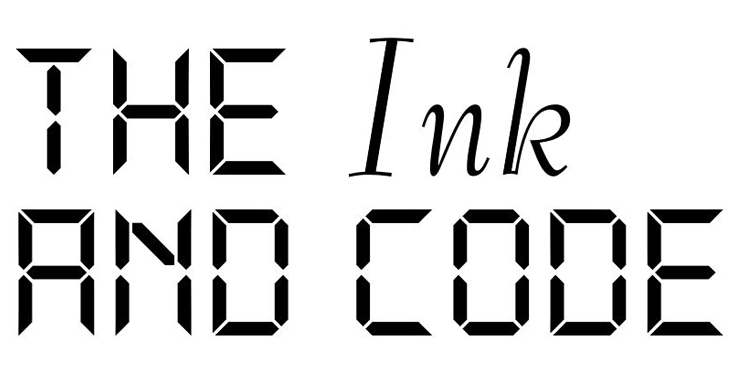I’m just going to come out and say it right away: The Arrival is one of those movies that make me remember why I love going to the movies. That’s been said before about a lot of movies, each time valid for the writer. But these types of movies don’t come around very often, especially ones so firmly steeped in genre.
The basic setup is that mysterious aliens have come to earth and humanity must discover what they want from us. Is it war, friendship, or something more sinister? Beyond this premise, at the heart of the film is Louise (Amy Adams), a linguist that’s tapped by the US Military to break the barrier of communication with them.
Rather than divulge much more of the plot, I’ll focus on the elements of the film that made it a success for me. It’s shot in a gauzy, blue-hued style that creates a dreamy experience. The film feels otherworldly, even though the problems the humans are facing with the aliens are everyday problems we face among ourselves: how to communicate. And the issue of communication is another theme that runs strongly throughout the film. Whether it’s a meaningful connection, or a complete breakdown in culture, language, and thought, the movie subtly forces the viewer to recall this theme over and over again. It creates a sense of unexpected intimacy with the characters, and your investment is immediate and deep.
One of those forms of communication is created with the use of sound. What The Arrival does with its sound design is an incredible accomplishment. The expert creation of aural experiences in cinema is one that most people take for granted, but in films like this or, say, The Texas Chainsaw Massacre, the audio cannot be ignored. Sound evokes dread – when the aliens arrive, when they’re first met, when we live through Louise’s experiences. Sound accompanies every moment, nestling us in a cocoon of emotion.
At the heart of this film is the character of Louise. She’s a complicated character, and one that you identify with on many levels. One of the first scenes after the aliens land is Louise on the phone with her mom. The conversation, though short, converts history, comfort, and universal parental frustration. It’s seemingly insignificant, but it sets up this character driven drama (yes, I said that) perfectly. Of course, the success of Louise is because of Amy Adams, who has quickly become one of my favorite major film stars. She’s graduated from dame roles into some of the most complex women occupying the screen today. She’s come a long way from Drop Dead Gorgeous. Louise is a heartbreaking character, one that has been handed the short end of the stick in life. Her pain, her intelligence, and her strong will are nuanced and genuine – Adams has lived with this character, and it shows.
Director Denis Villeneuve has created some of the best movies we’ve seen in the last five years, one of my favorites being Enemy with Jake Gyllenhaal. He creates films with fantastical, even frightening premises, and transcends them beyond exploitation or pure genre into full blown masterpieces. The Arrival is his best yet, and I’m excited to be alive in a time that we can enjoy his films.

